Mad Men & Bad Men: What Happened When British Politics Met Advertising
£6.20
From the moment Margaret Thatcher met the Saatchi brothers, elections campaigns would never be the same again. Suddenly, every aspiring PM wanted a fast-talking, sharp-thinking ad man on their team to help dazzle voters. But what were the consequences of their fixation with the snappy and simplistic?
Sam Delaney embarks on a journey to expose the shocking truth behind the general election campaigns of the last four decades. Everything is here – from the man who snorted coke in Number 10 to the politician who fell in love with her own ad exec, from the fist-fights in Downing Street to the all-day champagne binges in Whitehall offices. Sam Delaney talks to the men at the heart of the battles – Alistair Campbell, Peter Mandelson, Tim Bell, Maurice Saatchi, Norman Tebbit, Neil Kinnock – and many more.
Dark, revealing and frequently hilarious, Mad Men and Bad Men tells the story of how unelected, unaccountable men ended up informing policy – and how the British public paid the price.
Read more
Additional information
| Publisher | Faber & Faber, Main edition (3 Feb. 2015) |
|---|---|
| Language | English |
| File size | 1807 KB |
| Text-to-Speech | Enabled |
| Screen Reader | Supported |
| Enhanced typesetting | Enabled |
| X-Ray | Not Enabled |
| Word Wise | Enabled |
| Sticky notes | On Kindle Scribe |
| Print length | 332 pages |



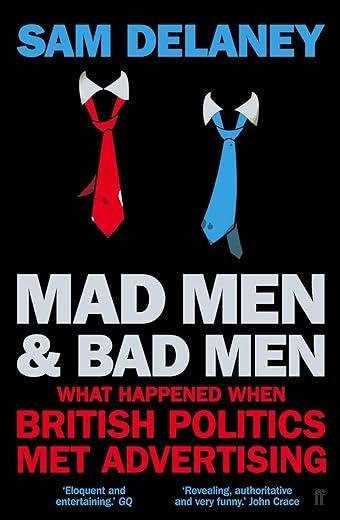

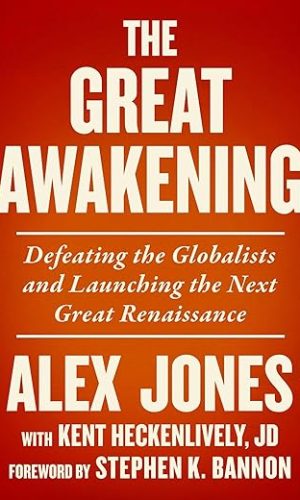
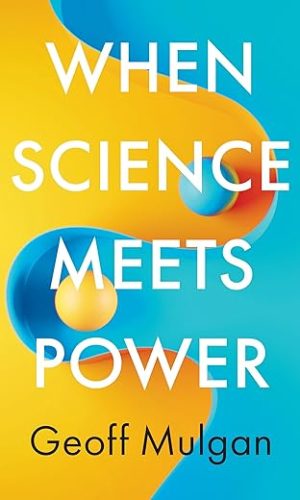
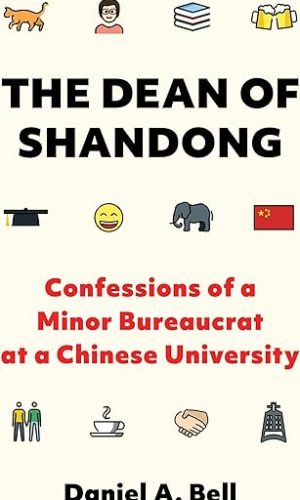

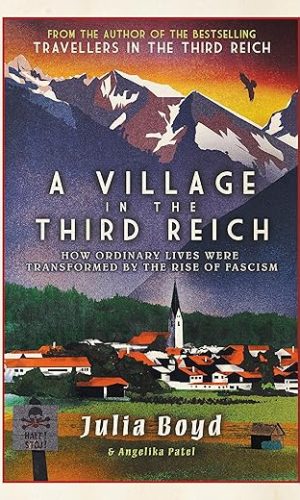
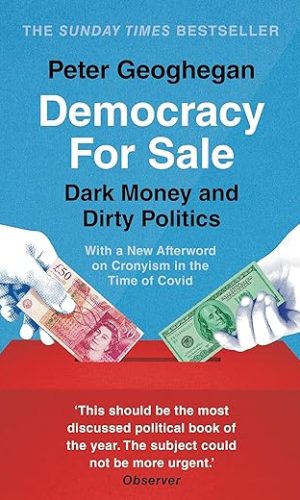
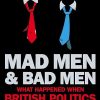
by D Grigson
An easy and interesting read covering how advertising and communications has been used by the two main political parties to shape election campaigns. Prepare for tales of egos, conflict and creativity. Informed by interviews with some of the big beasts in politics and advertising throughout the decades this was a really enjoyable book – though I’m still none the wiser as to the impact of big, bold advertising campaigns on Election outcomes.
by Josh Davis
Can advertising help decide elections? That purports to be the central question of Mad Men & Bad Men, one which the author never makes a sustained effort to answer. Instead, he offers a pacy and well-sourced narrative of the ad campaigns that underpinned UK elections from 1979 to 2010. The anecdotes are more old favourites than striking new material, but with many of the main actors on record, it makes for a lively read. The shortfall is in any wider context that might have helped develop an analysis to meet the challenge of the book’s opening premise. As a result, the book entertains without adding greatly to the sum of collective knowledge: much the conclusion that the author seems to reach about his subject.
by Craig McGill
Short but very interesting. While it leaves the reader to make their own conclusions the behind the scenes chat makes it a good read.
by Mark Pack
Mad Men & Bad Men: What happened with British politics met advertising by Sam Delaney contains a cracking set of anecdotes as the author managed to speak to just about every important person involved in doing or commissioning advertising for Labour or the Conservatives over the last few decades.
Other parties are notable by their absence, though to be fair the most famous political adverts are all for Labour or the Tories and it’s a great sweep through political history.
There is a touch of the after-dinner speech anecdotes about some of the accounts from advertising men and HQ teams, especially as I noticed some slips with the facts of the sort that exaggerate the story and the role of the speaker. (Mentioning positively Labour’s Brecon and Radnor by-election campaign, for example, without mentioning that the Liberals leapfrogged Labour to take the seat is being rather overkind to Labour.)
More substantively frustrating, however, is that although many of the stories involve people making reference to evidence about advertising’s impact (or not) on election results, the evidence briefly cited is vague, contradictory and not followed up by the author. Instead it’s on to the next person, their own lively tales and, possibly, their brief reference to different evidence.
It’s only near the end of the book that Sam Delaney really gets stuck into considering whether political advertising makes any difference and it’s one that is delivered more based on assertion by participants rather than him taking the reader through market research evidence, polling data or results analysis, all three of which get barely a look in. Indeed, the brief reference to polling data around the 1987 general election is another of those after-dinner speech style pieces of simplified exaggeration. (If you look in detail at the fieldwork dates for the 1987 opinion polls, the immediate impact of Labour’s notorious Sheffield Rally wasn’t a swing to the Tories but no impact – some polls showing a move one way, others the other way.)
That said, Delaney’s conclusion is a sound one: “Researchers say that there is no statistical evidence to show that exposure to advertising influences people’s voting choice. Admen, the good ones anyway, help politicians to put their complicated ideas into succinct packages. They help them to focus their strategies, and the ads they make can help signpost elaborate, multifaceted political debates for the press and the public.”
Along the way to that conclusion, the stories are brilliant – especially the tale of admen spiking the food for a meeting with Conservative politicians in Ted Heath’s time so as to help excite them about their advertising plans. Bizarre, even if greatly exaggerated.
That makes the book a great read, even if one that does more to entertain that to provide evidence for the reader really to answer the question, “does political advertising make a difference?”.
by Peter Phillips
Sam is a good writer and told it as it was. Too much about Andrew Rutherford! I discovered him! Great talent.
by Don Myers
Some cracking tales about campaigns of yore in here. Nice, fun, dare I say, gossipy, read for the political junkie or advertising aficionado. Reading while the flames of 2015 campaign burn around you adds a welcome air of relevance.
by Paul
Great book – fascinating to read a very different perspective on the political world. The book objectively interrogates the events and relationships that have had such a significant influence on the development of political parties and ultimately election victories over the years. Very interesting to consider alongside today’s politicians and their relationships with polling agencies, the public and the press.
by DAN
Especially for those who like politics and advertising. Insightful and amusing in part. Worth a read. Some interesting characters are featured.